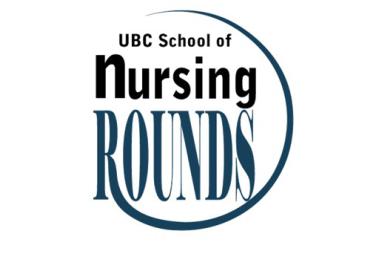
April 25, 2017
The Impact of a Federal Prison Project on Tsilhqot’in Communities in BC : Moving Beyond Gratitude to “Helping our Men Inside”
About
Time: 8-9am
Abstract: In 2012, men who are federal prisoners in the Pacific Region of British Columbia (BC) began making and donating needed items such as furniture, toys, clothing and drums to First Nations communities. The project, called Work 2 Give, is a federal prison-community partnership between the Tsilhqot’in First Nation in the Central Interior of BC and the Correctional Service of Canada. The prisoners, many of whom are Indigenous, engage in meaningful work within the institutions, knowing they are contributing to improved quality of life and well-being for children and their families (e.g., making beds for children, growing vegetables for donation). In an ongoing study being conducted about the impacts of Work 2 Give on the prisoners and the recipient communities we have learned that the communities themselves have much to contribute to expand the impact, relevance and reach of the project, for both the Tsilhqot’in peoples and the prisoners involved in making the items. While community participants acknowledge the importance of the items received, they experience the greater impact as being able to “help our men inside”. In this presentation we will present the community impact data and describe how to foster the maximal impact of Work 2 Give for reciprocal benefit to both the prisoners, through meaningful work and giving to others, and the Tsilhqot’in children, families and communities, through strengthened connections and attention to Indigenous wellbeing and healing.
Bio: Dr. Helen Brown is a professor in the School of Nursing at the University of British Columbia. Her research program brings a critical perspective to rural Indigenous health and employs community-based participatory approaches for academic-community partnership with BC First Nations to advance health equity within local contexts. Using participatory and decolonizing methodologies and ethnographic methods to best answer community-defined research questions, her current projects include a focus on women's community safety and social inclusion, youth mental health, restorative justice, Indigenous cultural continuity, social determinants of health, the ongoing community effects of colonialism, regalia making and language revitalization as community health promotion, and incarcerated Indigenous men's mental health and rehabilitation.
Date & Time